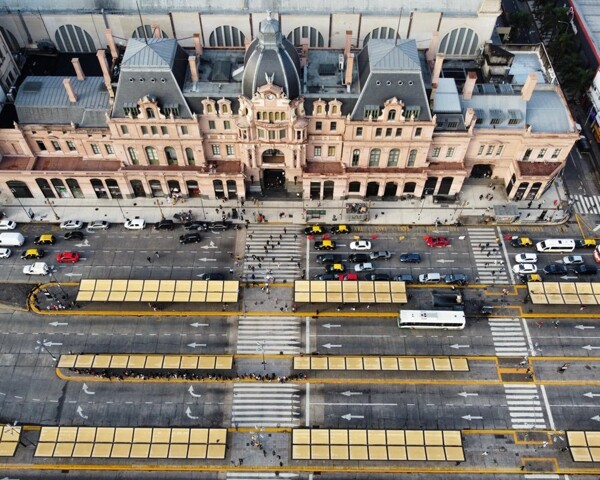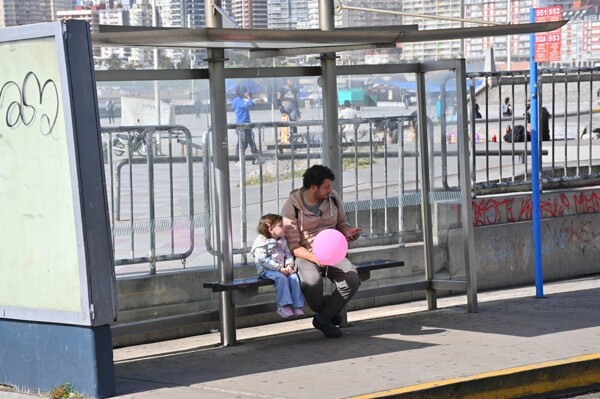
The president of the Argentine Association of Motor Transport Employers (Aaeta), Luciano Fusaro, emphasized this morning that the employer sector is unable to meet salary increase demands for drivers, as their income is frozen. Fusaro explained that the request for a salary adjustment due to inflation from drivers grouped in the Motor Transport Union (UTA) is understandable, but the lack of fare increases for nine months puts companies in a complicated position.
The head of Aaeta detailed the business stance regarding the 24-hour strike carried out by the UTA, which has affected the operation of numerous bus lines and harmed millions of passengers, primarily in the Metropolitan Area of Buenos Aires (AMBA). Fusaro mentioned that, although fare increases have been applied since March, these aimed to reduce state subsidies without providing a real increase in income for companies.
Additionally, the president of Aaeta pointed out that the price of services provided by motor transport companies is determined by the state, according to a cost assessment, which restricts the companies' capacity to grant salary adjustments to their employees. Fusaro explained that the business sector does not have an additional margin in the cost equation developed by the government, which did not include a budget line to cover union wage increases.
"We were negotiating and making great efforts, maintaining conversations with the Ministries of Labor and Transport until the last moment, trying to reach a middle-ground offer due to the complicated situation the sector is experiencing, but no agreement was reached, leading to the union's call for this strike," concluded Fusaro.













